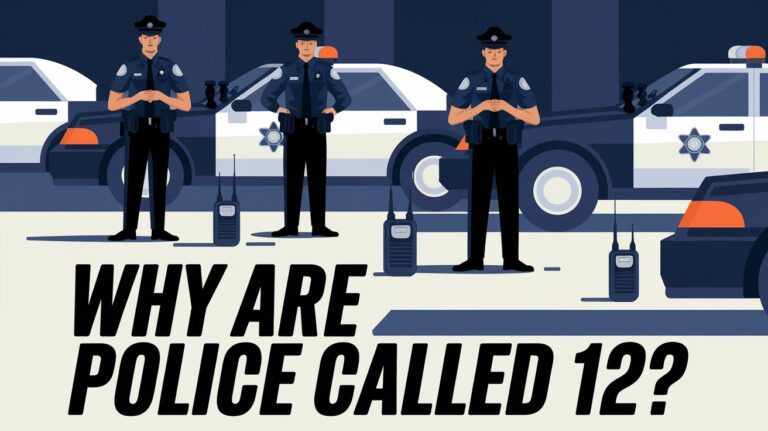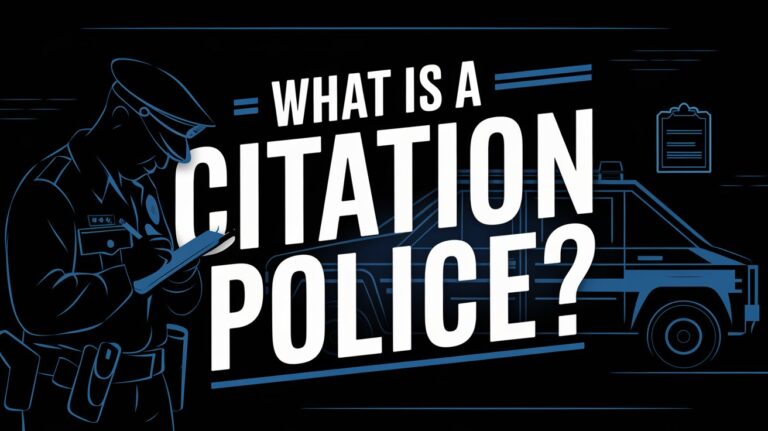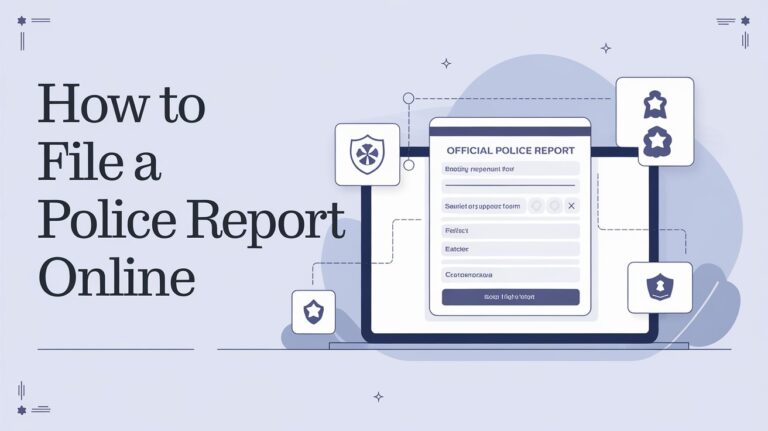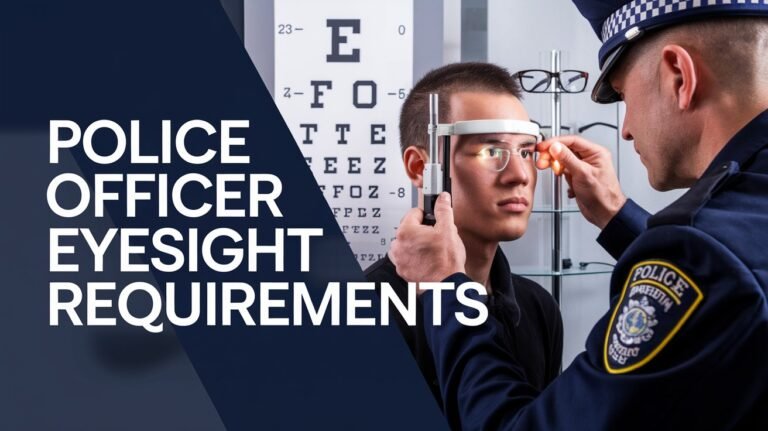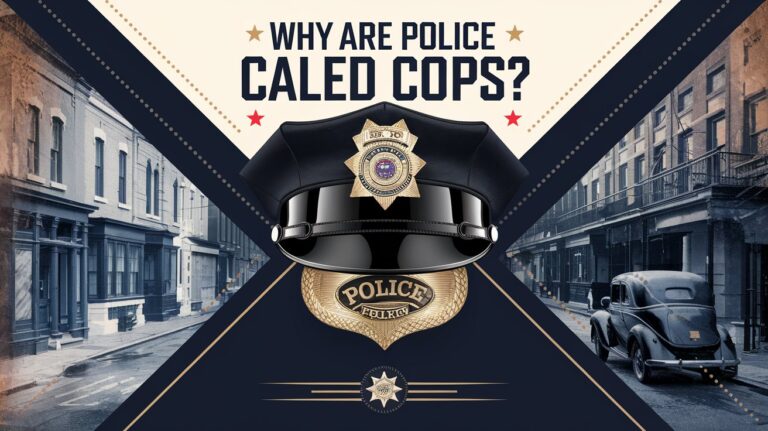What Is a Police Background Check? Requirements, Process & Results
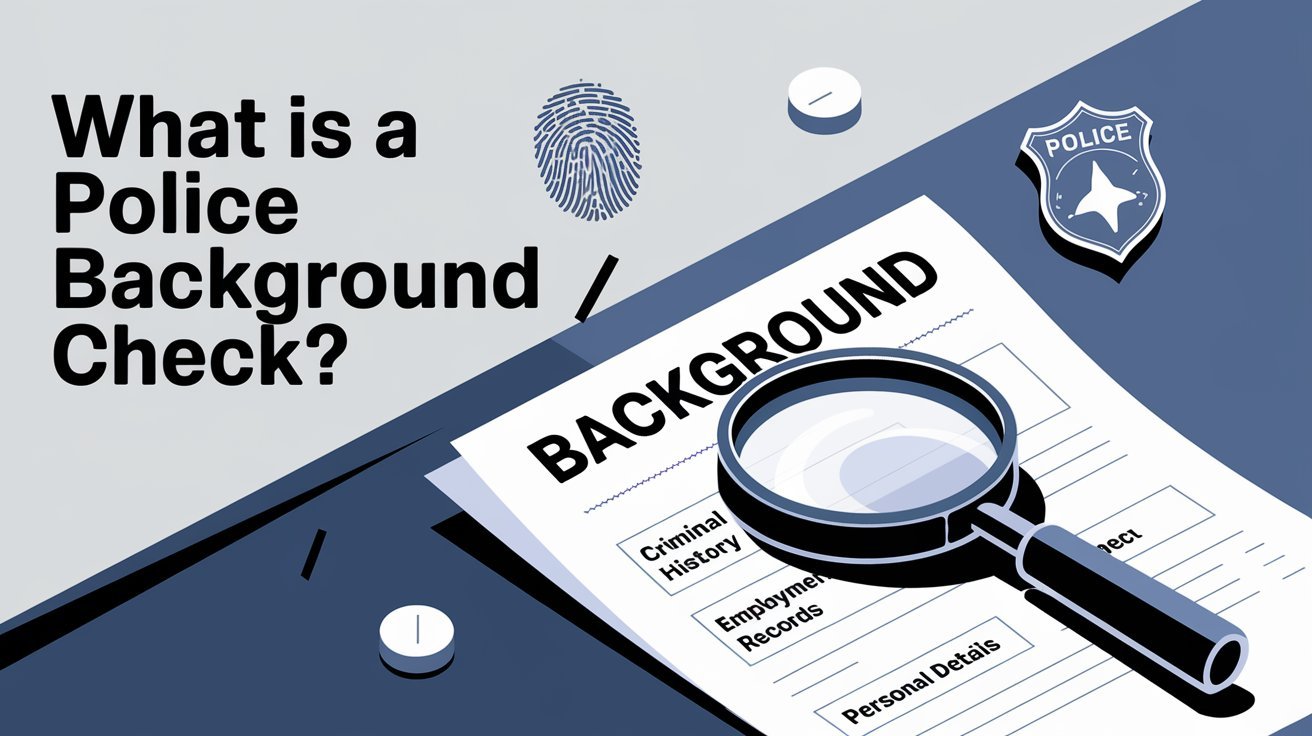
Police background checks are detailed investigations into individuals seeking law enforcement roles. They examine a candidate’s personal, professional, and legal backgrounds. This ensures they are fit for a career in law enforcement. The process starts with a Personal History Statement and reviews criminal records, credit history, education, employment, and references.
Investigators are key in this process, often interviewing family, friends, and former colleagues. They aim to create a comprehensive profile of the candidate. The goal is to hire only the most qualified and trustworthy individuals to uphold the law and serve their communities.
Key Takeaways
- Police background checks scrutinize every aspect of a law enforcement candidate’s life that can be publicly accessed.
- Felony convictions, drug use, and domestic violence are among the common disqualifying factors in the law enforcement screening process.
- Inaccurate or incomplete information on application forms can lead to disqualification during the hiring process.
- Psychological assessments and polygraph tests may be used to evaluate a candidate’s suitability for high-security law enforcement positions.
- The duration of a law enforcement background check can vary from a few weeks to a few months, depending on the agency and position.
Law Enforcement Background Investigation Process
Entering the law enforcement field demands a rigorous police clearance certificate and public safety background investigation. The law enforcement employment screening starts with a detailed Personal History Statement (PHS). This 25-page form asks about family, character references, where you’ve lived, your education, jobs, military service, financial status, criminal history, and drug use.
After submitting the PHS, investigators start a detailed review. They check the candidate’s birth certificate, driver’s license, school records, credit report, and military documents (if any). This step is crucial to spot any mismatches between the application and actual facts.
Investigator’s Role and Responsibilities
The background investigator’s job is to collect factual information about the candidate’s past. They must respect the candidate’s privacy while gathering relevant information. Their detailed report helps decision-makers understand if the candidate is right for a law enforcement role.
- Verify the accuracy and truthfulness of the information provided in the PHS.
- Conduct reference checks with former employers, neighbors, academy instructors, and professors.
- Review the candidate’s criminal record and financial history.
- Assess the applicant’s physical and psychological fitness for the role.
- Ensure the candidate meets all legal requirements for employment in law enforcement.
The background check aims to find candidates with the right integrity, character, and professionalism for law enforcement. By carefully reviewing each applicant, agencies can make smart hiring choices. This ensures their officers meet the high standards expected.
What Is a Police Background Check?
A police background check is a detailed examination of a candidate’s personal and professional life. It assesses their suitability for a career in law enforcement. This process goes beyond the usual employment background check. It delves into criminal records, financial history, education, employment, personal references, and character assessment.
The main goal is to ensure candidates have the moral character, integrity, and stability needed for these roles. The check may include in-depth interviews with family, friends, and former colleagues. It also involves psychological evaluations, polygraph tests, and social media reviews.
- The Division of Criminal Justice Services (DCJS) in New York State is the sole official source of criminal history records.
- Fingerprints must be submitted for a criminal history record response to match against fingerprint-based records.
- The Clean Slate Act in New York State, effective from Nov. 16, 2024, aims to automatically seal eligible conviction records within three years.
- Convictions of sex crimes and non-drug Class A felonies such as murder will not be sealed under the Clean Slate Act.
The thorough nature of a police background check ensures law enforcement agencies can make informed decisions. These screenings help uphold public trust and safety. By examining an individual’s past, they identify any potential red flags or disqualifying factors. This ensures only the most suitable candidates are selected for these critical roles.
| Top 10 Police Background Check Disqualifiers |
|---|
| 1. Felony convictions |
| 2. Serious misdemeanors |
| 3. Current drug use or past drug abuse |
| 4. Dishonorable discharge from military service |
| 5. Bad credit history |
| 6. History of domestic violence |
| 7. Not clean driving license |
| 8. Unreported past crimes |
| 9. Past or current gang affiliations |
| 10. Poor employment record |
Areas Examined in Police Background Screening
Candidates for law enforcement or public safety roles face a detailed background check. This process looks into several critical aspects of their history and character.
Criminal Record and Legal History
The criminal record review is a key part of the background check. It covers arrests, convictions, and any legal issues pending. Agencies aim to confirm candidates have no criminal history, ensuring they can be trusted by the public.
Financial and Credit Assessment
Financial responsibility and credit history are also scrutinized. This assessment helps gauge if the individual manages money well. It’s to prevent potential bribery or corruption due to financial stress.
Education and Employment Verification
The investigation checks the accuracy of an applicant’s education and work history. It looks at transcripts, work references, and reasons for job changes. This ensures the candidate meets the required qualifications and has a reliable work history.
Personal References and Character Assessment
The background check also includes a subjective character evaluation. Interviews with personal references offer insights into the candidate’s personality and integrity. This is crucial for roles in law enforcement or public safety.
The depth of the police background screening is vital. It helps identify candidates who meet the high standards of criminal history report, pre-employment police verification, and public safety background investigation.
Common Disqualifying Factors in Law Enforcement Screening
The law enforcement background screening process aims to hire the most qualified and trustworthy individuals. This ensures public safety and the integrity of the force. Certain factors can disqualify applicants from police officer positions. These include felony convictions, serious misdemeanors, and current drug use or recent drug abuse.
Dishonorable military discharge, poor credit history, and domestic violence incidents are also disqualifiers. Serious driving offenses, unreported past crimes, and gang affiliations are among the other factors. Poor employment records can also lead to disqualification.
Providing false or incomplete information on the application is a significant disqualifier. Honesty and transparency are crucial for law enforcement officers. Some agencies may also disqualify candidates with visible tattoos that have offensive content. These could compromise an officer’s professional appearance and community respect.
The specific disqualifying factors can vary between different law enforcement agencies. They generally focus on issues that could compromise an officer’s ability to perform duties effectively and ethically. Applicants must undergo a thorough background investigation to ensure they meet the high standards required for a career in law enforcement.
Common Questions
What is a police background check?
A police background check is a thorough investigation for those applying to law enforcement. It examines personal, professional, and legal histories. The goal is to ensure candidates are fit for a career in law enforcement.
What is the process of a law enforcement background investigation?
The process begins with a detailed Personal History Statement from the candidate. Investigators then check all documents for accuracy. They gather factual information about the candidate’s past. This leads to a comprehensive report for decision-makers.
What are the requirements for a police clearance certificate?
To get a police clearance certificate, candidates must submit several documents. These include a Personal History Statement, birth certificate, driver’s license, and education transcripts. They also need a credit report and military records if applicable. Investigators review these and conduct interviews to assess the candidate’s suitability.
What areas are examined in a police background screening?
Background screenings look into various aspects of a candidate’s life. This includes criminal records, financial history, education, and employment. They also check personal references, character, military service, drug use history, and social media activity. Physical and psychological evaluations are also part of the process.
What are common disqualifying factors in law enforcement background checks?
Disqualifying factors include felony convictions and serious misdemeanors. Current drug use or recent drug abuse is also a reason for disqualification. Dishonorable military discharge and poor credit history are other factors. Domestic violence incidents, serious driving offenses, and unreported past crimes are also considered. Gang affiliations, poor employment records, and false or incomplete application information are also disqualifying. Some agencies may also reject candidates with visible tattoos of offensive content.

